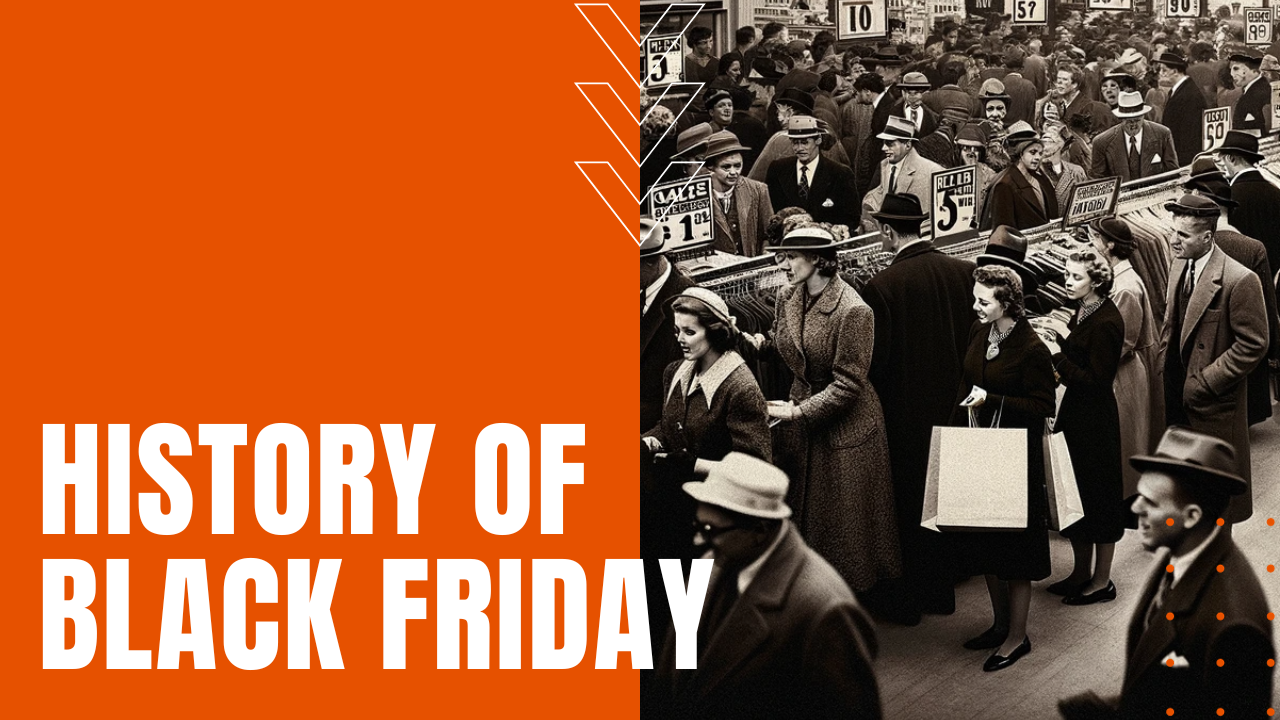The History of Black Friday

Rooted in some of the darkest days of American history, the term “Black Friday” originated on September 24th 1869, when two notoriously cutthroat Wall Street financiers, Jay Gould and Jim Fisk, colluded in secret to buy up as much of the nation’s gold supply as possible, with an anticipated endgame of driving up gold prices before selling their holdings at an enormous profit. Instead, when their conspiracy was exposed on the 24th, stock market prices went into free-fall, instantly bankrupting many throughout the United States as everyone from farmers to Wall Street barons went bust.
A New Meaning
Flash forward to the American 1950s, when police in Philadelphia applied the term “Black Friday” to prepare their ranks for the chaos that ensued the day after Thanksgiving, when legions of suburban shoppers and visitors converged on the city in advance of the annual Army-Navy football game played on the first Saturday after Thanksgiving, forcing Philly police to work overtime in an effort to deal with the added crowds and traffic and shoplifters before game day. Other than mass headaches to Philadelphia law enforcement personnel, by 1961, “Black Friday” had caught on throughout the city at large, which eventually spread throughout the country, becoming a commonly-used term sometime after 1985.
Lengthening Event
Today, Black Friday’s original darkened roots have long been forgotten, historically marking the day that retailer’s offer steep discounts in an effort to move their profit and loss balance sheets out of the black and into the red, eventually morphing from a one-day sales bonanza into a four-day event, beginning when most retailers open their doors for turkey-stuffed shoppers on Thanksgiving eve, followed by Small Business Saturday and Sunday and Cyber Monday, making today’s understanding of Black Friday, a time a mass consumerism throughout capitalist societies everywhere.
